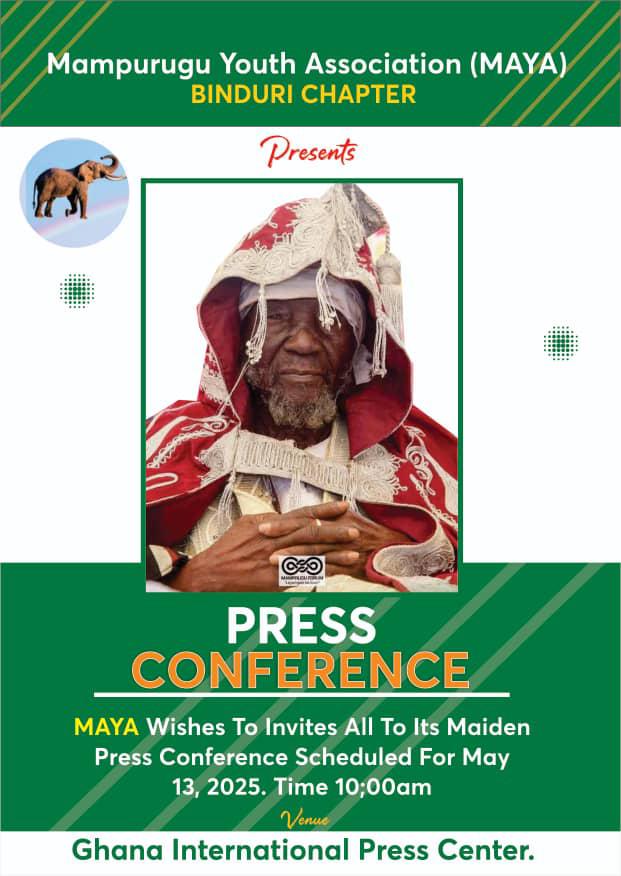The Mamprusi community in Binduri, Ghana, is facing a systematic campaign of violence and intimidation from Kusaasi factions, an extension of the long-standing Bawku conflict. Characterized by coordinated attacks, arson, livestock destruction, and civilian killings, these actions are not isolated incidents but a deliberate attempt to forcibly displace Mamprusis from the region. Contrary to narratives portraying them as aggressors, the Mamprusi community maintains they have consistently acted in self-defense, responding only to protect their lives and homes. The attacks are documented, spanning from 2022 to 2025, with specific incidents detailed, including the targeted burning of shops belonging to women from Bawku, the murder of community leaders, and the brutal killing of a woman and her children under the false accusation of being an informant. The Mamprusi community alleges a calculated misinformation campaign is being used to demonize them and justify the violence against them.
The escalating violence is further exacerbated by alleged complicity and bias within the state security apparatus. The Mamprusi community accuses the military of disproportionately targeting them, raiding their homes while failing to take action against Kusaasi aggressors. They point to the limited military presence in Mamprusi areas, the lack of investigations or arrests in Kusaasi communities implicated in the attacks, and the repeated raids on Mamprusi homes as evidence of this bias. They further allege that this discriminatory treatment stems from political and traditional interference, specifically naming local officials and Kusasi leaders who they believe are manipulating the military command structure. This perceived weaponization of state power against them has severely eroded trust in state institutions and fuels a growing sense of vulnerability and injustice.
The Mamprusi community contends that the government’s response to the crisis has been inadequate and, at times, counterproductive. They criticize the inconsistent implementation of curfew measures, arguing that the lifting of motorbike bans provides cover for Kusaasi attackers, as evidenced by social media posts. They question the government’s rationale for stricter restrictions in relatively calm Bawku while leaving Binduri vulnerable despite ongoing violence. This perceived incompetence and potential political compromise in the government’s handling of the situation fuels their desperation and deepens their mistrust. They draw parallels to the Rwandan Genocide, highlighting the dangers of ignoring early warning signs and allowing a minority group to be systematically targeted.
The Mamprusi community demands immediate action to address the ongoing violence and prevent further bloodshed. They call for an independent investigation into the military’s conduct, the removal and punishment of officers deemed complicit in the bias, and an end to political interference in security operations. They urge a permanent increase in military presence in vulnerable Mamprusi areas, fair and balanced disarmament operations across all communities, and protection and support for displaced Mamprusi families. Furthermore, they demand a public assurance from the highest levels of government that the military will operate with neutrality and not be used as a tool against them.
Recognizing the potential for the situation to spiral into uncontrollable violence, the Mamprusi community appeals for national and international intervention. They call on the international community, including the UN, ECOWAS, and human rights organizations, to step in and hold the Ghanaian government accountable for protecting its citizens. They invoke the Responsibility to Protect principle, emphasizing the international community’s obligation to act when a state fails to protect its own people from atrocities. They express their commitment to self-defense if necessary, but warn against the path of armed rebellion, citing the example of the M23 rebel group in the Democratic Republic of Congo as a cautionary tale.
The Mamprusi community’s plea is a desperate call for justice, peace, and the right to exist without fear. They seek not revenge but survival and the restoration of their dignity. They implore all Ghanaians and the international community to recognize the gravity of the situation and act decisively to prevent another preventable tragedy. They emphasize their Ghanaian identity and their right to peace and security, asserting their determination to remain Mamprusis and their refusal to be erased. Their call is not for power or dominance, but for the fundamental right to live in peace and security in their ancestral homeland.














